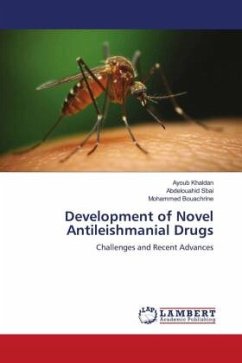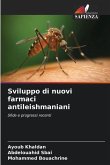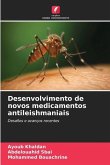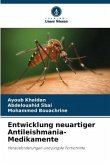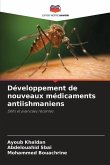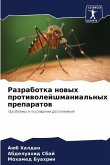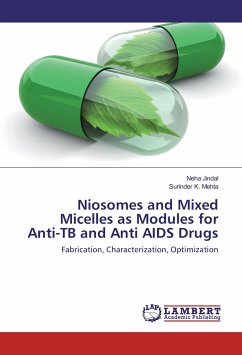Leishmaniasis is a vector-borne disease caused by the Leishmania parasites. It affects humans and other mammals and is transmitted through the bites of infected female sandflies. The disease is found in different parts of the world, including Africa, Asia, Europe and the Americas, with varying degrees of prevalence depending on the region. In Morocco, zoonotic cutaneous leishmaniasis caused by Leishmania major is known to cause sporadic and unpredictable epidemics, particularly in the southern and southeastern regions of the country. Until now, there is no vaccine or prophylactic drug for leishmaniasis. Drug repositioning is the only means to combat this disease. Miltefosine, pentamidine and sitamaquine are the main drugs used to treat leishmaniasis. Some side effects, such as oral administration problems, severe injection site pain, cardiac and renal toxicities and gastrointestinal abnormalities, are medically noted during the treatment protocol. Consequently, the development ofpowerful, safer and less expensive new drugs has become the most important challenge facing the world today.
Bitte wählen Sie Ihr Anliegen aus.
Rechnungen
Retourenschein anfordern
Bestellstatus
Storno

